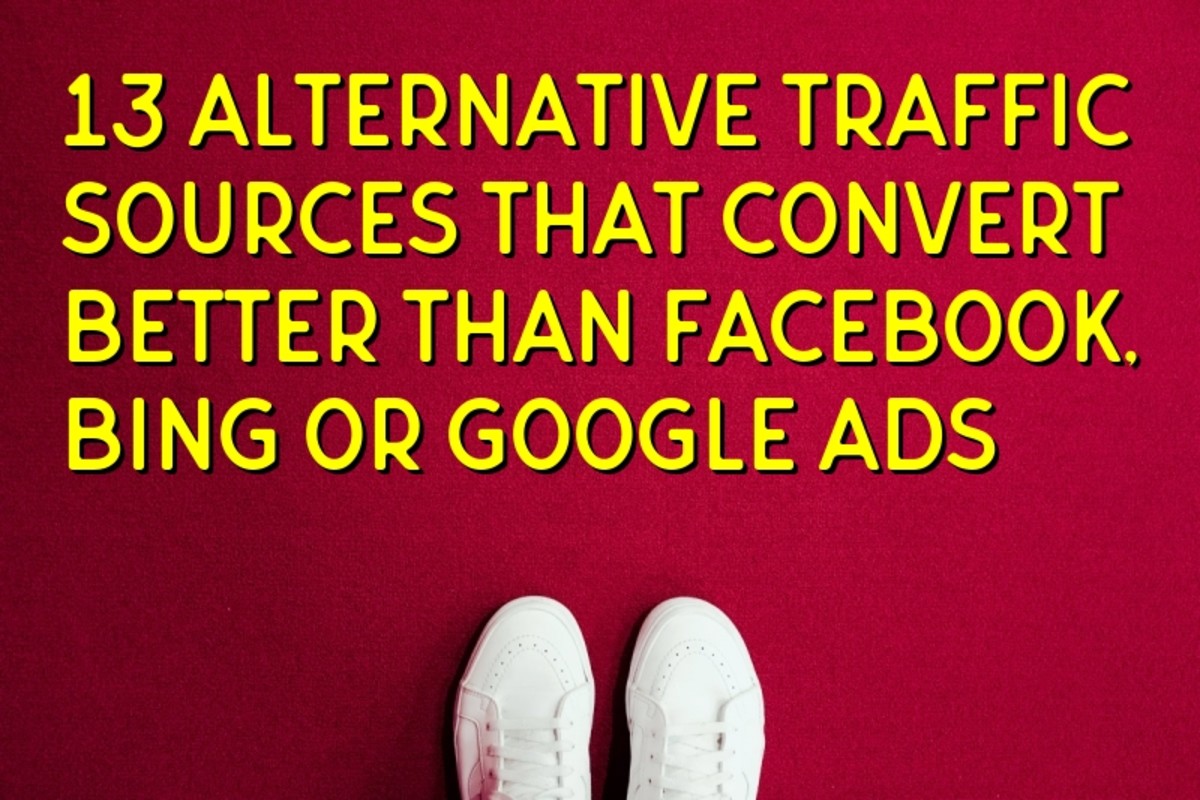A Guide to Making Money from Your Website

If you are like many people, you have a blog or website of your own -- perhaps even more than one. However, most people only run these websites as a hobby, not as a source of significant income. You might not get rich in a month by running a blog in your underwear, but by adopting a few simple strategies, you could begin pulling in a little cash on the side. And you never know -- yours could be the next site to hit it big.
The Mechanics of Making Money via Your Site
Fortunately, building your site in the first place and writing material for it is significantly more challenging than actually setting it up to make money. It is not hard to find small free programs that have already been designed to help your website make money. All you need to do is paste this already-written code onto your site.

Deciding How to Earn Money
That leaves you with the decision of how you want to try to make money from your site. By far the most widely used strategy is to sell advertising. However, that does not mean that you need to contact companies directly to ask them if they want to buy ads on your site. Programs like Google Adsense let website owners display ads from hundreds of different companies who have already enrolled in their program. Google creates the customized code for your website, displaying the ads on your site and keeping track of how much money the advertisers owe you.

How Pay-Per-Click Advertising Works
Of course, simply pasting the code that leads to ads showing up on your site does not necessarily mean that you will make very much money from them. Most internet advertising -- including all ads run through the Google Adsense program -- is based on the pay-per-click model. That means that you only make money from an ad when a visitor to your site actually clicks on it. You will need a massive volume of visitors, then, to make significant money from pay-per-click advertising.

How Affiliate Marketing Works
Another popular strategy for making money from a website is known as affiliate marketing. It is a slightly more complicated concept than simply displaying advertising, but it may fit with the overall flow of your website better. Affiliate marketing simply means that you direct your site's visitors who are interested in buying an item to an online company that sells it. That company then pays you a commission for every sale you create for them. For example, if you put an article on your site about which baseball gloves are the best, you could direct your visitors to sites that sell those gloves.

Affiliate Marketing Programs
Amazon Associates is one of the most popular affiliate marketing programs; it allows you to send visitors directly to any product in the massive Amazon catalog. However, many other companies also offer affiliate programs. For example, CJ Affiliate -- formerly known as Commission Junction -- allows you to easily and quickly set up marketing agreements with hundreds of different companies with one interface. Whichever company you choose to use, adding their products to your site is as easy as copying and pasting a few lines of code -- just as you would do with ordinary web advertising.

Pros and Cons
Affiliate marketing tends to take more preparation work than simply displaying advertising. However, it also has several possible advantages. For one, you tend to make more from an affiliate sale than you would make from an ad click. Also, it is often easier to seamlessly blend affiliate marketing with your website. In fact, if you use it well, affiliate marketing can actually add useful information for your visitors.

Other Online Income Sources
Although advertising and affiliate marketing are by far the most prevalent strategies to make money through a website, they only scratch the surface of the potential options you can use. Depending on the type of website you run, and how many visitors it gets, you can also use membership programs, exclusive content, donation pages -- or a blend of them all!








